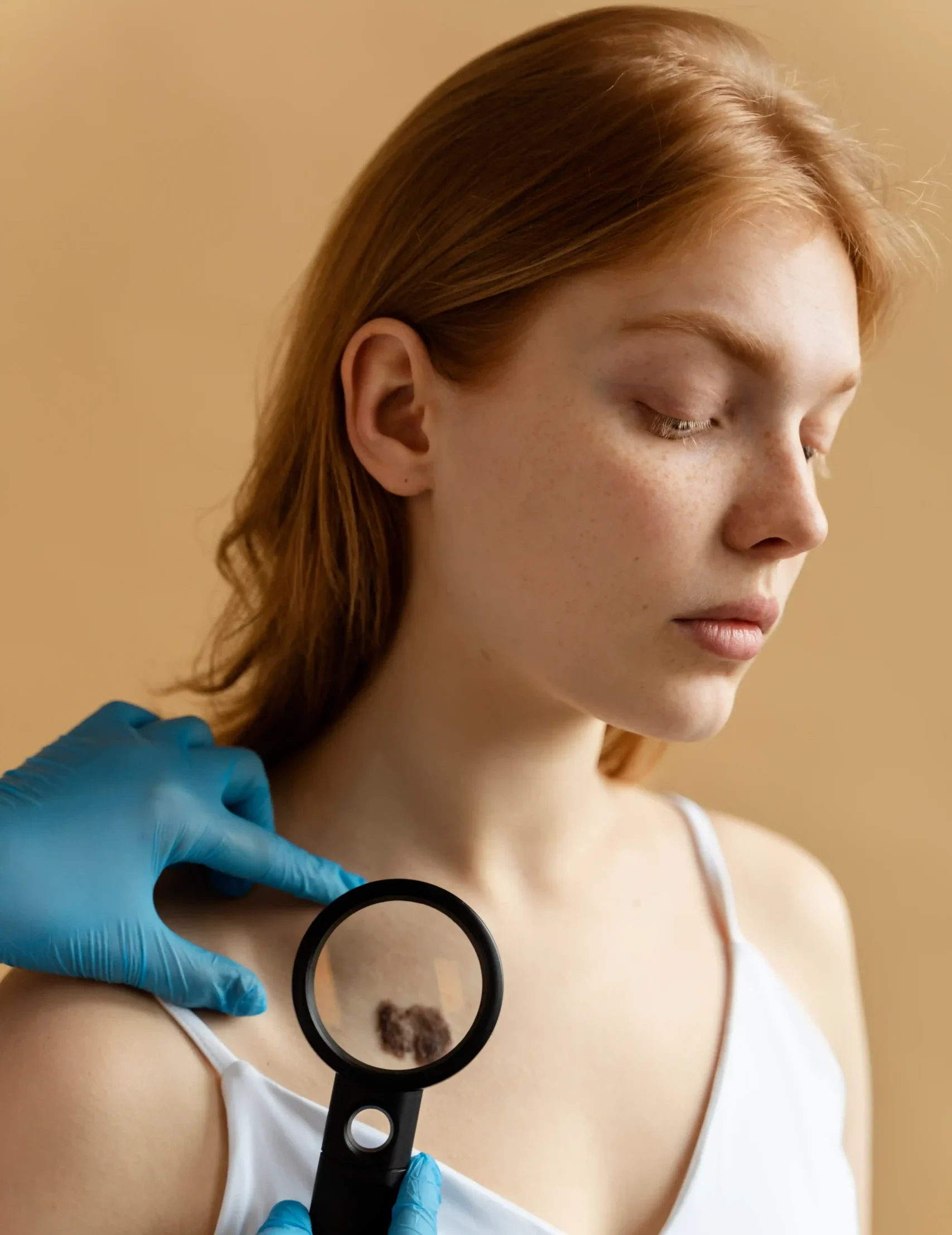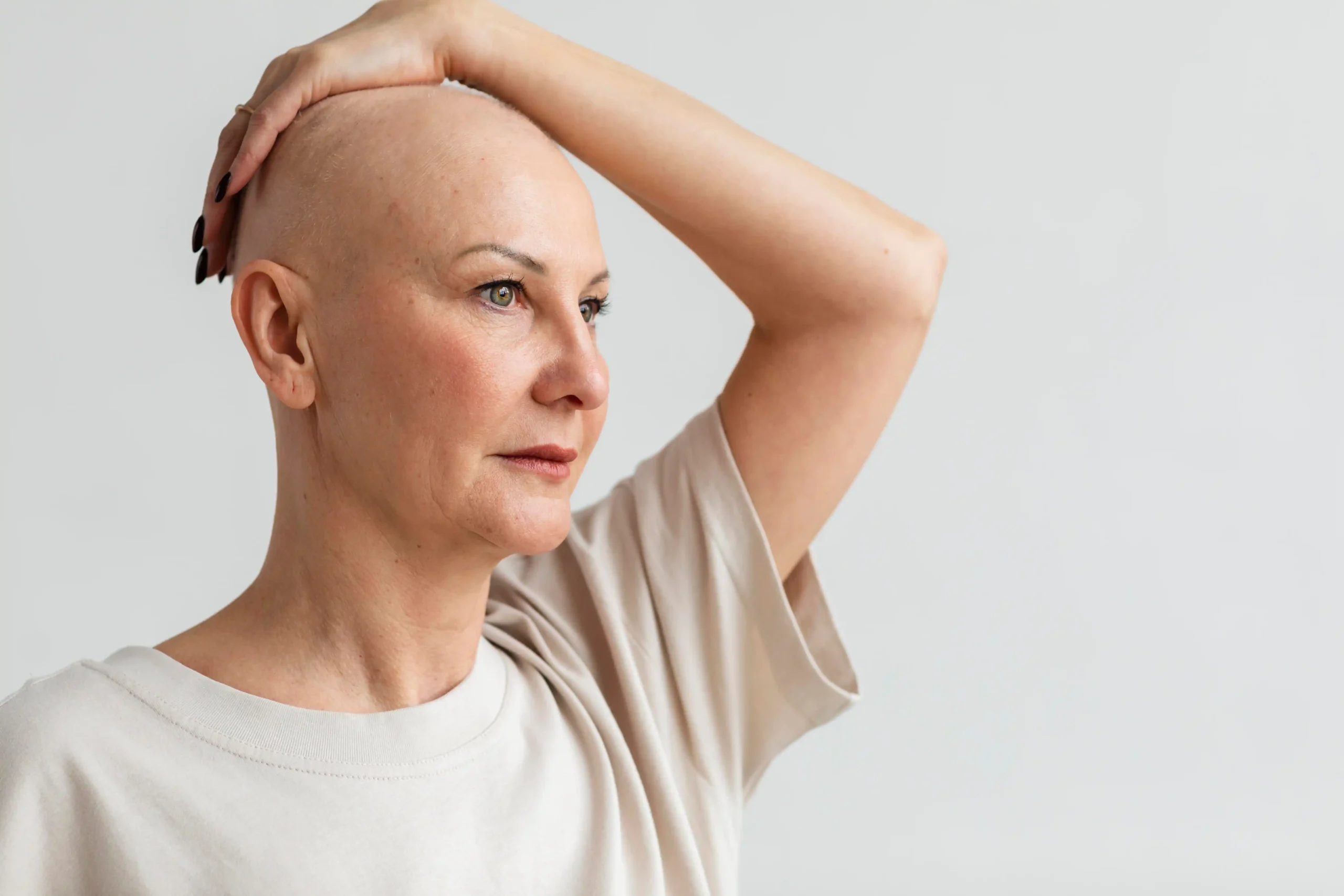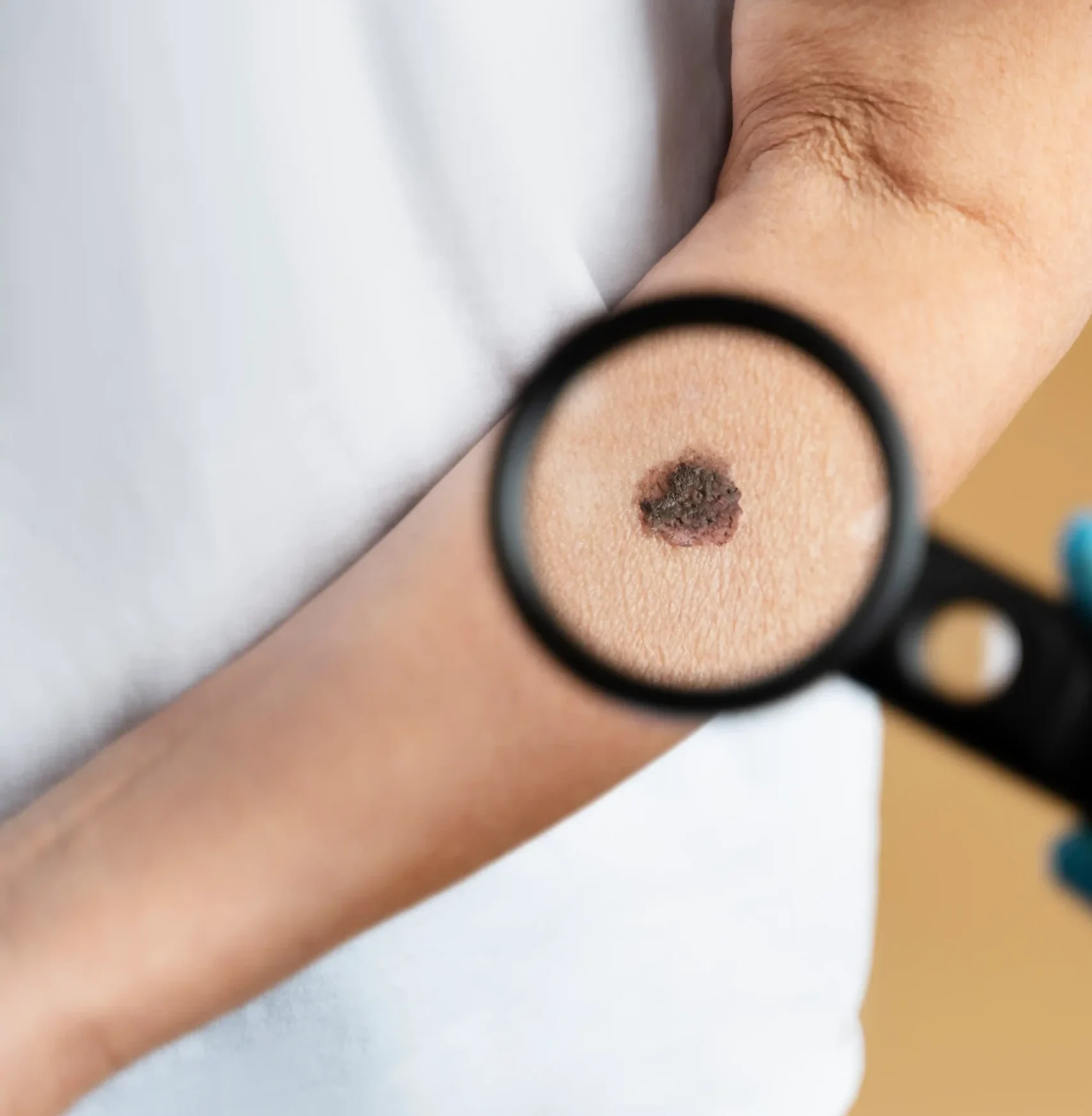Protect Your Health With Skin Cancer Screening in Queens

Skin Cancer
About 1 in 5 US residents will develop skin cancer during their lifetime. Fortunately, it’s possible to manage and even reverse skin cancer with early diagnosis and treatment. At Adult and Pediatric Dermatology in the Forest Hills neighborhood of Queens, New York, the team of medical dermatologists boasts years of experience diagnosing and treating various kinds of skin cancer. Call the office today or click the online booking feature to make an appointment at the practice.
What is skin cancer?
Skin cancer is a group of diseases that cause your skin cells to divide uncontrollably. It typically occurs due to excessive exposure to sunlight. But it can also develop on areas of your body rarely exposed to the sun’s UV rays.
There’s no way to entirely prevent skin cancer. But you can significantly lower your risk by regularly inspecting your skin and wearing sunscreen when you go outside.
Start Your Transformation
Schedule your consultation today and discover how our expert team can help you achieve your aesthetic and skin health goals.
Read Our Reviews
Posted on

What are the types
of
skin cancer?
Most Major
Insurances Accepted
Most Major Insurances Accepted
Please call our office if you do not see your insurance plan listed below. If your insurance plan requires you to obtain a referral from your primary care doctor, please obtain one prior to your visit or call our office to ask if a referral or authorization is needed for your insurance. If referral is not available at the time of the visit, your appointment will be rescheduled.

Who is at risk of skin cancer?
Anyone can experience skin cancer, but several things can increase your risk, including:
- Having fair skin
- History of sunburns
- Excessive sun exposure
- Moles
- Precancerous skin lesions
- Family history of skin cancer
- Weakened immune system
You’re at greater risk of developing skin cancer if your job exposes you to toxic chemicals like arsenic.
How is skin cancer diagnosed?
To diagnose skin cancer, our provider will review your medical history and ask about your symptoms, including when they first started and if at-home treatments provide any relief.
Next, they examine your skin from head to toe, carefully assessing any abnormal growths, moles, or lesions. If an exam doesn’t provide enough insight into your symptoms, your provider might also collect a skin biopsy. To do that, they remove a small sample of your skin and send it to a lab for microscopic analysis.

Choose Your Provider
Meet our team of board-certified specialists dedicated to your skin health and beauty

Michael Paltiel,MD
Dermatology

Zina Goldvekht, PA-C
Physician Assistant

Aleksey Babakhanov, FNP
Family Nurse Practitioner

John Perrotti, MD
Plastic Surgery

Irma Meni
Cosmetologist
How is skin cancer treated?
At Adult and Pediatric Dermatology, treating skin cancer varies depending on several things, including the size, kind, and site of your cancerous lesions. The team might recommend:
- Cryotherapy (freezing)
- Excisional surgery
- Mohs surgery
- Curettage and electrodessication
- Radiation therapy
- Chemotherapy
- Photodynamic therapy
- Biological therapy
The treatment goal is to stop the cancerous cells from spreading and prevent a recurrence.
If you’re concerned about your risk of skin cancer, make an appointment at Adult and Pediatric Dermatology by calling the office or clicking the online booking feature today.


